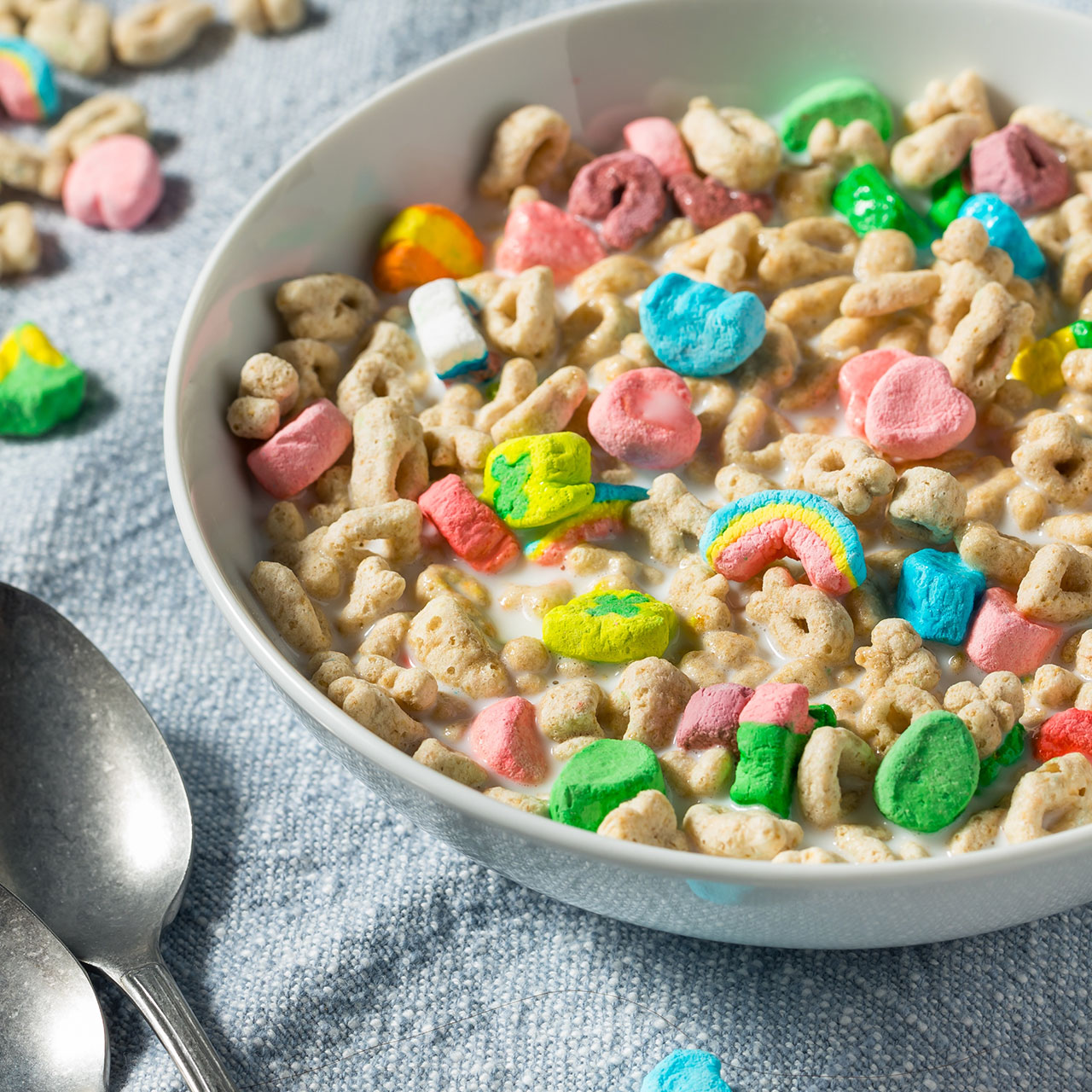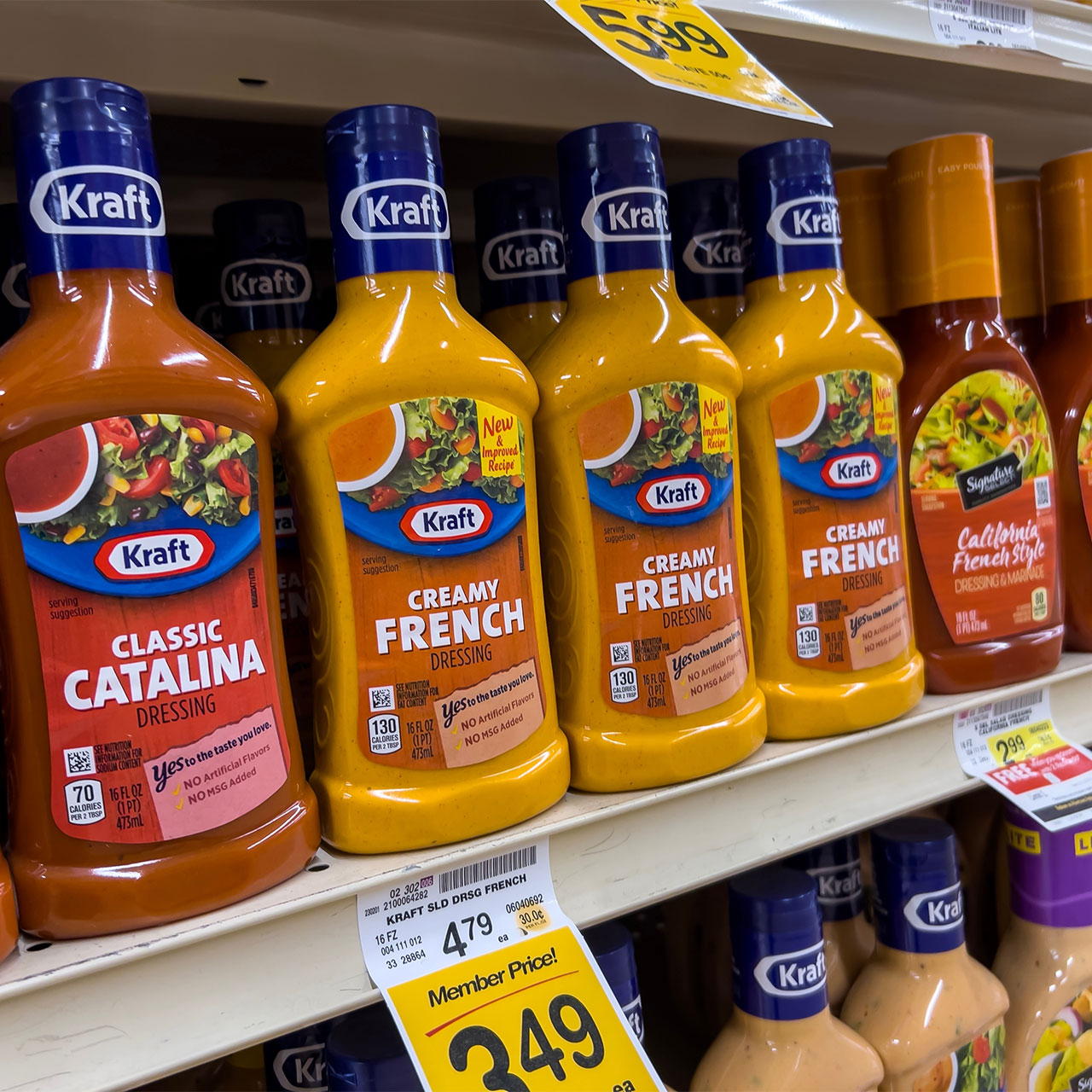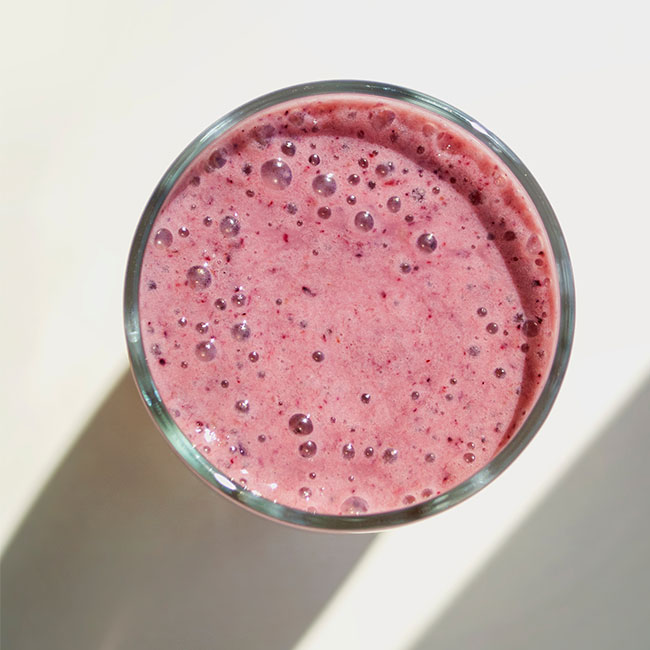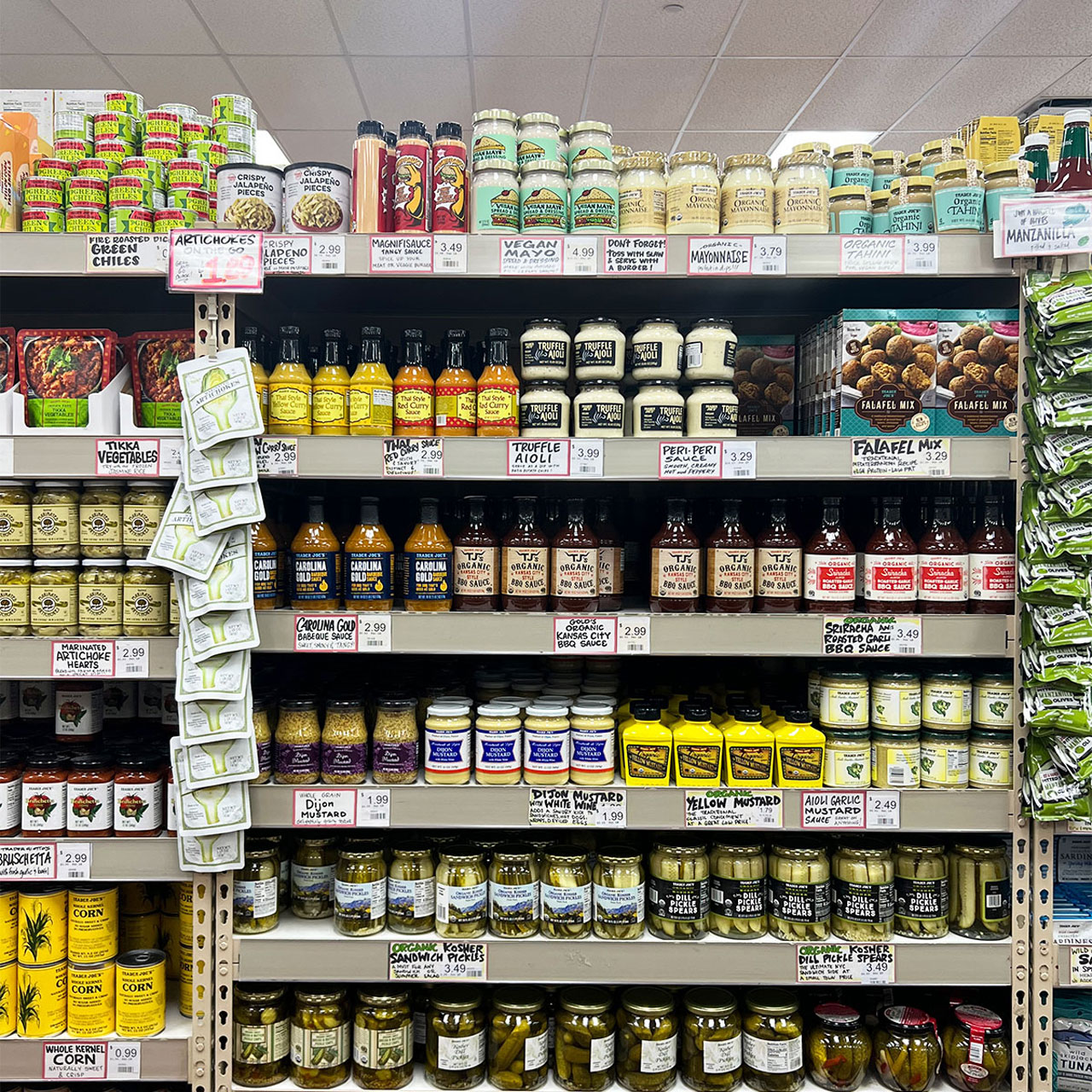High-fat foods are notorious for causing weight gain, but they can also put you at risk of diabetes! Diets rich in unhealthy fats, especially saturated and trans fats, can lead to weight gain, insulin resistance, and higher blood sugar, all of which increase the risk of type 2 diabetes. On top of that, older women go through significant hormonal changes that make metabolism slower and blood sugar levels more challenging to control.
We checked in with several health experts to discover the fatty foods to avoid after 50 if you want to lower your risk of diabetes. They revealed that red meat, French fries, coconut oil, and more are the ones to steer clear of. Read on to discover all six!


1. Red Meat
Red meat often contains high levels of saturated fat, which contributes to inflammation and insulin resistance. These are both key factors in the development of type 2 diabetes.
Jordan Anthony, registered dietitian at Ahara, says, "There are two key issues with red meat that can make it a poor choice for people with diabetes. First, it's especially high in cholesterol and saturated fats, which can lead to cardiovascular issues that complicate diabetes management. It's also a food that tends to be hard to digest, which can slow the effects of insulin on blood sugar."

2. French fries
French fries typically get their crispy exterior and soft interior from being deep fried in oils that are high in saturated and trans fats. These oils can increase cholesterol and promote inflammation.
"French fries and doughnuts also contain bad trans fats and saturated fats for your health. Obesogenic, pro-inflammatory fats raise insulin demand or reduce insulin secretion; both outcomes alter insulin sensitivity and will generate type 2 diabetes at a much higher risk," Dr. Michael Lahey, physician at My Weight Loss Partner, notes.
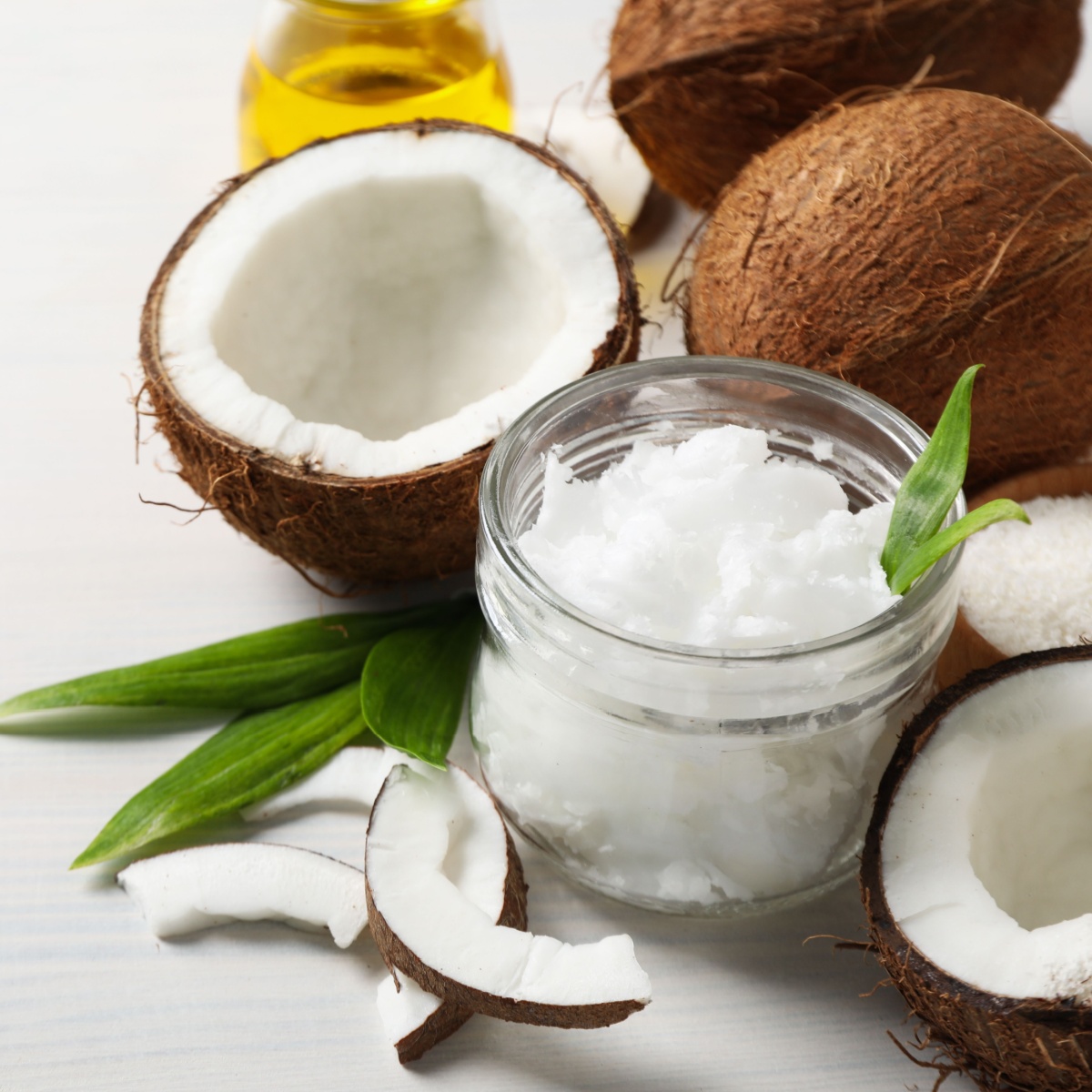
3. Coconut oil
Coconut oil is deemed a healthy food among consumers, but it’s important to be aware of its fat content! Used in everything from cooking to baking, coconut oil’s overall saturated fat content can raise cholesterol levels and potentially lead to insulin resistance.
"Coconut oil is actually about 90% saturated fat—even higher than butter! This type of fat has been shown to raise LDL cholesterol, which can increase the risk of heart disease and insulin resistance. For women over 50, who are already at a higher risk for Type 2 diabetes, consuming too much saturated fat can further affect insulin sensitivity and contribute to blood sugar spikes," says Veronica Rouse, a registered dietitian and expert with WowMD. "While coconut oil can be used occasionally, it’s important to focus more on heart-healthy fats like olive oil or avocado oil, which promote better blood sugar control and overall cardiovascular health."
READ MORE: The One Place You Should Never Put Coconut Oil, Like Ever

4. Ice cream
Ice cream is a treat that's normally linked to weight gain, but it can also put you at risk of type 2 diabetes if eaten in excess because of the high sugar content.
"While it’s a popular treat, ice cream is high in saturated fats and added sugars, both of which can contribute to weight gain and increased blood sugar levels. Opt for lower-fat frozen yogurt or sorbet instead," states Johanna Angman, registered dietitian nutritionist.

5. Full-fat dairy products
Full-fat dairy products such as whole milk, cheese, and butter contain saturated fats that can lead to increased levels of LDL cholesterol. Lahey adds, "Very bad forms of fats, like saturated fats, are found in such products as whole milk, cheese, and butter. These fats increase LDL cholesterol, increase inflammation, and decrease insulin sensitivity—the three elements that increase diabetes risk."

6. Processed meats
Unfortunately, these types of meats are also not doing you any good when it comes to diabetes risk. Processed meats like sausages and bacon are high in fat and also contain harmful ingredients like preservatives and additives.
"Sausages, bacon, and hot dogs are highly saturated with fats, and half of the prepared sausages contain preservatives. These not only impair glucose tolerance but also raise inflammation, which also affects the likelihood of getting a disease," Lahey notes.













